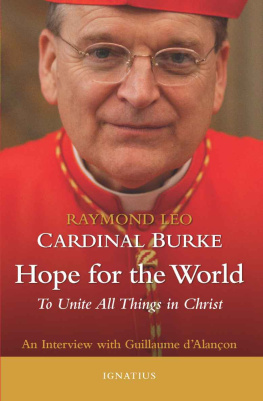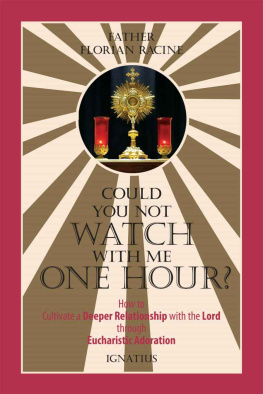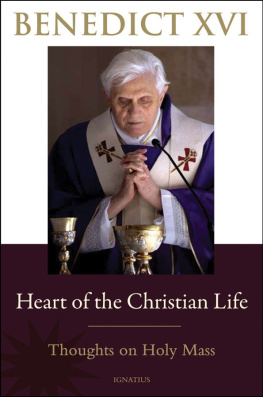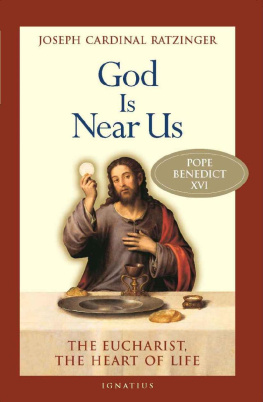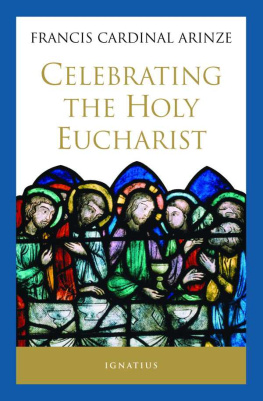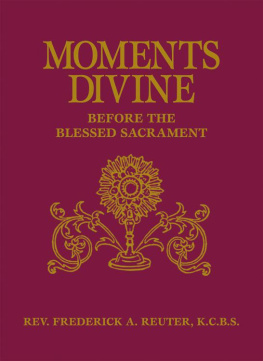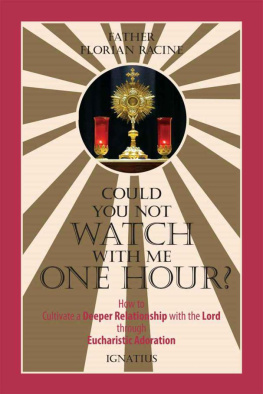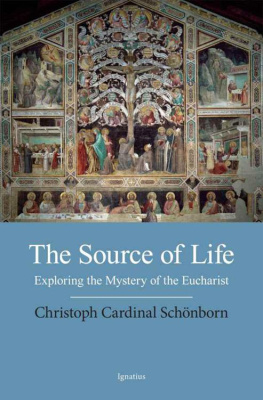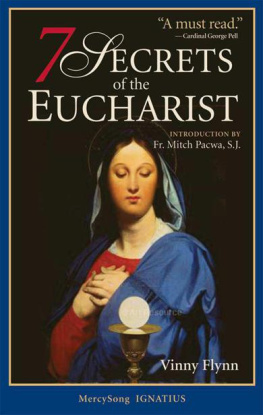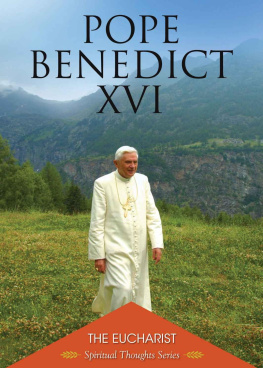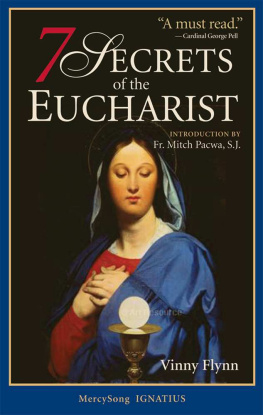I.
II.
Introduction
Blessed Pope John Paul II described the mission of the Church in our day with the words, the new evangelization. He recognized that the Church in our time is called and sent to carry out her mission in a very challenging societal and cultural context. In his teaching during the more than twenty-six years of his service as the Vicar of Christ on earth, Blessed Pope John Paul II insistently urged us all, according to our vocation in life and our particular personal gifts, to take up the work of the new evangelization. In his Post-synodal Apostolic Exhortation Christifideles laici, On the Vocation and the Mission of the Lay Faithful in the Church and in the World, he described what he called the hard test which living the Catholic faith is today in a practically atheistic world, in a culture marked by secularism:
Whole countries and nations where religion and the Christian life were formerly flourishing and capable of fostering a viable and working community of faith, are now put to a hard test, and in some cases, are even undergoing a radical transformation, as a result of a constant spreading of an indifference to religion, of secularism and atheism. This particularly concerns countries and nations of the so-called First World, in which economic well-being and consumerism, even if coexistent with a tragic situation of poverty and misery, inspires and sustains a life lived as if God did not exist. This indifference to religion and the practice of religion devoid of true meaning in the face of lifes very serious problems, are not less worrying and upsetting when compared with declared atheism.
It is through participation in the Holy Eucharist that we best understand what we must do to carry out the new evangelization, namely pour out our lives in union with Christ. At the same time, we are nourished with the incomparable spiritual food of the Body, Blood, Soul and Divinity of Christ, which strengthens us to carry out His mission in the world. In the words of a decree of the Second Vatican Ecumenical Council, drawing upon a text of Saint Thomas Aquinas, in the Holy Eucharist is contained the whole spiritual good of the Church, namely Christ himself our Pasch and the living bread which gives life to men through his fleshthat flesh which is given life and gives life through the Holy Spirit.
Because the Holy Eucharist is the source of our life in the Church and its highest expression, I thought it good to write a commentary on Blessed John Paul IIs final Encyclical Letter Ecclesia de Eucharistia, On the Eucharist in its Relationship to the Church, published on Holy Thursday, April 17, 2003, and on our Holy Father Pope Benedict XVIs Post-synodal Apostolic Exhortation Sacramentum Caritatis, On the Eucharist as the Source and Summit of the Churchs Life and Mission, published on February 22, 2007, the Feast of the Chair of Saint Peter. Sacramentum Caritatis is the fruit of the Eleventh Ordinary Assembly of the Synod of Bishops, which was celebrated October 223, 2005.
It is my hope that, as you read this book, you will obtain a copy of both the Encyclical Letter Ecclesia de Eucharistia and the Apostolic Exhortation Sacramentum Caritatis. It is also my hope that the teaching contained in the two documents, presented in this commentary, will lead you to a more profound appreciation of our life in Christ in His Mystical Body, the Church, especially through the Holy Eucharist, and be for you a source of new enthusiasm and new energy for carrying out the new evangelization.
Context of the Synod of Bishops on the Eucharist
The Eleventh Ordinary Assembly of the Synod of Bishops was convoked by Pope Benedict XVIs predecessor, Blessed Pope John Paul II, as part of his extraordinary effort, at the end of his pontificate, to promote the knowledge and love of the Most Blessed Sacrament. In Ecclesia de Eucharistia, a complete and remarkably striking presentation of the Churchs teaching on the Holy Eucharist, Blessed Pope John Paul II announced a forthcoming more specific document on the care to be taken in observing the norms of the Sacred Liturgy.
By mandate of Blessed Pope John Paul II, the Instruction Redemptionis Sacramentum, On Certain Matters to Be Observed or to Be Avoided Regarding the Most Holy Eucharist, was prepared by the Congregation for Divine Worship and the Discipline of the Sacraments with the help of the Congregation for the Doctrine of the Faith, at the head of which the future Pope Benedict XVI was then serving.
Blessed Pope John Paul II approved the Instruction and ordered it to be published and to be observed immediately by all concerned on March 19, 2004.
Year of the Eucharist
Blessed Pope John Paul II then announced the Year of the Eucharist to be observed from October 2004 to October 2005. The inspiration for the Year of the Eucharist, he explained, came from two events which served to mark its beginning and end,
The context of the Synod of Bishops was nothing less than the Holy Spirit at work through the Shepherd of the Universal Church to help us all to grow in our knowledge and love of the greatest gift which is ours in the Church, the Holy Eucharist. Blessed Pope John Paul II did not live to celebrate either World Youth Day 2005 or to preside at the Synod of Bishops on the Eucharist. His successor, Pope Benedict XVI, who had worked so closely with Blessed Pope John Paul II during most of his pontificate, carried forward his extraordinary work on the Holy Eucharist.
In reading Ecclesia de Eucharistia and Sacramentum Caritatis, we should keep in mind the great love for the Church, for us, the living members of the Church, which inspired Blessed Pope John Paul II to convoke and Pope Benedict XVI to conduct the Synod of Bishops for the purpose of promoting Eucharistic faith and practice. At the conclusion of Ecclesia de Eucharistia, Blessed Pope John Paul II wrote these words to us:
In the humble signs of bread and wine, changed into his body and blood, Christ walks beside us as our strength and our food for the journey, and he enables us to become, for everyone, witnesses of hope. If, in the presence of this mystery, reason experiences its limits, the heart, enlightened by the grace of the Holy Spirit, clearly sees the response that is demanded, and bows low in adoration and unbounded love.


